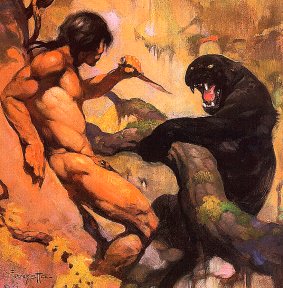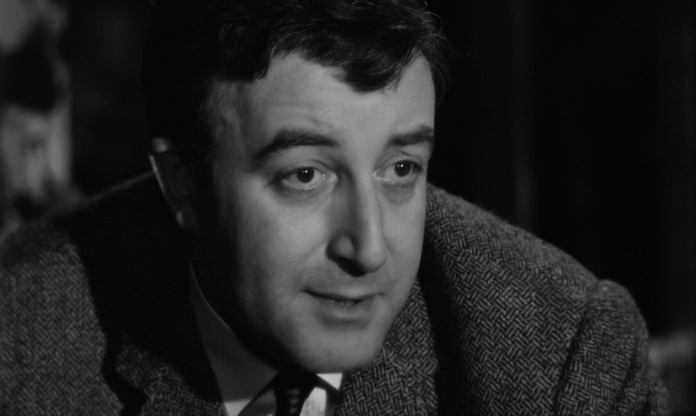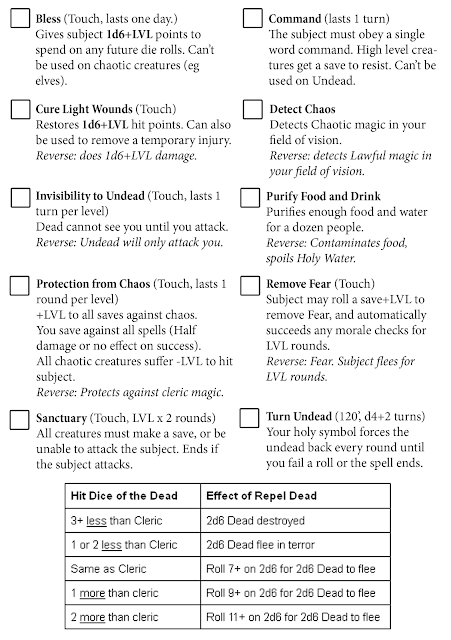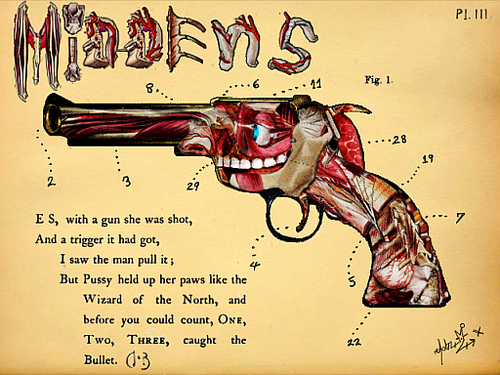
To earn the right to become a Druid, you must start as an Outcast, then succeed an initiation ritual. You feast on deer blood, booze, and as much weird herbs as they can stuff into you. Then they give you a knife and tie you to another outcast naked. Eat your opponents heart, and you’re a druid. This means you can roll on a new table with better level-up effects.
This test should be deadly enough that deciding whether to try to become a druid or wimp out is a hard choice. Make sure to build this up so that the player knows that taking this contest comes with a serious risk of death. The idea is risk/reward. If you fail, you’ll lose your character: If you succeed, you get to become fucking awesome.
What’s happening to me?
Roll a d30 for both outcasts every round while they fight. Any and all of the effects below may be hallucinations: DM’s discretion. In this situation - with you both naked, drugged, and tied to each other - the knives do d12 damage. They’ll pair you with an outcast of level d4+1.
- Poison! Your current HP is halved.
- Save or be paralyzed this round.
- Your palms are slick with sweat. If you miss an attack you’ll drop your knife.
- You throw up all over your partner. You are slowed this round.
- You’ve got the shakes. +4 critical fail chance for the rest of the battle.
- Shit! Shit! One of these sick fucks put a snake in the handle of your knife!
- Save or be overwhelmed by Fear.
- Whoever was holding the torch just dropped it. You’re both blind.
- Someone just threw something at the back of your head. d4 damage if it hits.
- You can’t stop crying.
- The other outcasts are pissing all over you two. If you stand in it, save or slip over.
- The crowd around you has dissolved into an orgy and/or bloodbath. You have to fight through piles of writhing, slippery bodies.
- You look into your partners eyes. Both of you are caught up in a frozen moment of intense, sick arousal. The crowd sees it, knows, and roars approval.
- The crowd pulses and pushes you towards your partner, cheering. They get a free extra attack at -2.

Shadowy figures cluster around inside the circle, giving you advice:
- Everyone you’ve ever let down
- Every dead thing you’ve ever known.
- Crooked and vague shapes. You see a deer, but its neck extends into a red hand with an eye in the middle. You see a giant mother boar with six human faces dripping from its teats.
- Lovers and friends - but their eyes are wrong, and their advice is horrifying.
- The stars are pulsating and ripping into something giant and multicoloured that’s turning to look down at the fight. Whenever you see the sky, save or be hypnotized by it.
- A vision of the future unfolds around you. It’s incredibly important - pity you’re distracted.
- You suddenly feel like your head is whirling a thousand miles above your feet. Intense disorientation and vertigo gives -2 to hit this turn.
- All the blood and mud you’re standing in is swirling together into churning red waves, first waist-deep, then neck-deep. If this keeps going you’ll drown.
- The world spins. You swap bodies with the other outcast.
- The ground lurches, and both of you are suddenly in freefall through a vast chasm. The crowd’s cries grow faint. Something enormous and terrible slithers at the bottom.
- You feel a horrifying joy. You can’t stop laughing. Your opponent must make a morale check or spend their turn trying to flee.
- Bezerk: You attack twice this round at random.
- Your enemy
- Nearby member of the crowd.
- Another PC.
- Yourself.
- Desperation. +4 critical hit chance for the rest of the battle.
- Sudden clarity. +2 to all rolls this turn.
- Hyperactive speed. +2 AC.
- Crazed, frothing strength. Double damage.
Live through that, and you did it! You're a druid!
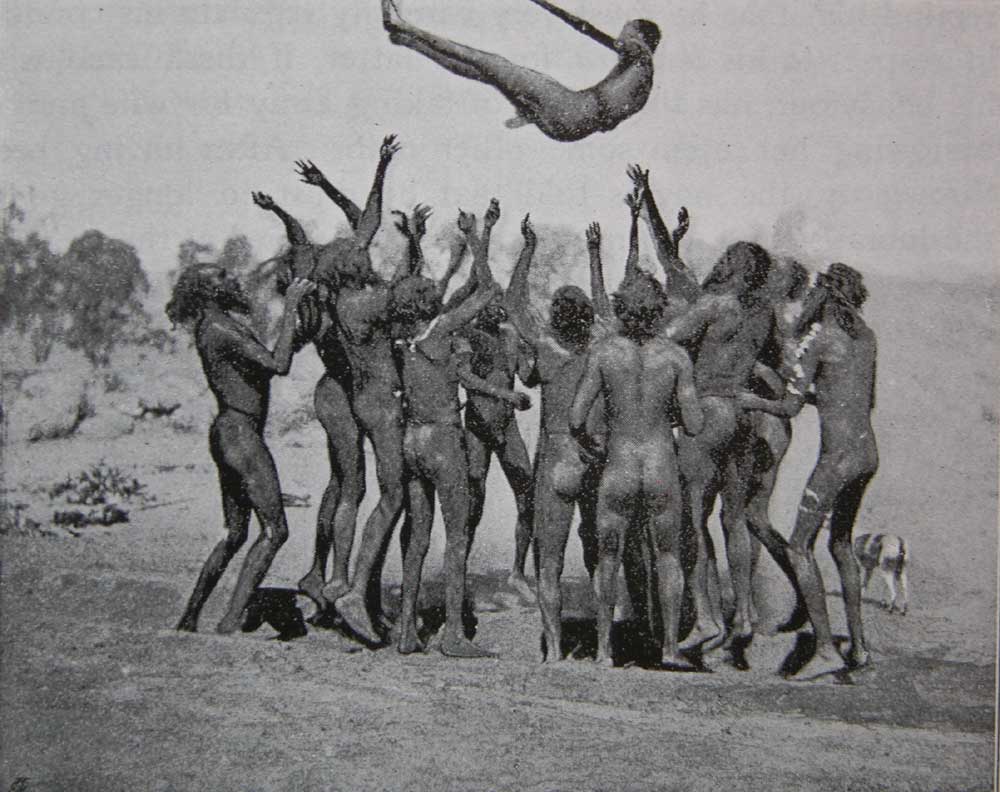
This is designed to be a short and terrifying gamble, so that it doesn’t bog down the game too much with a solo Outcast adventure. You might still want to play this out in-between sessions, though. I'll post the Druid level-up table soon.


